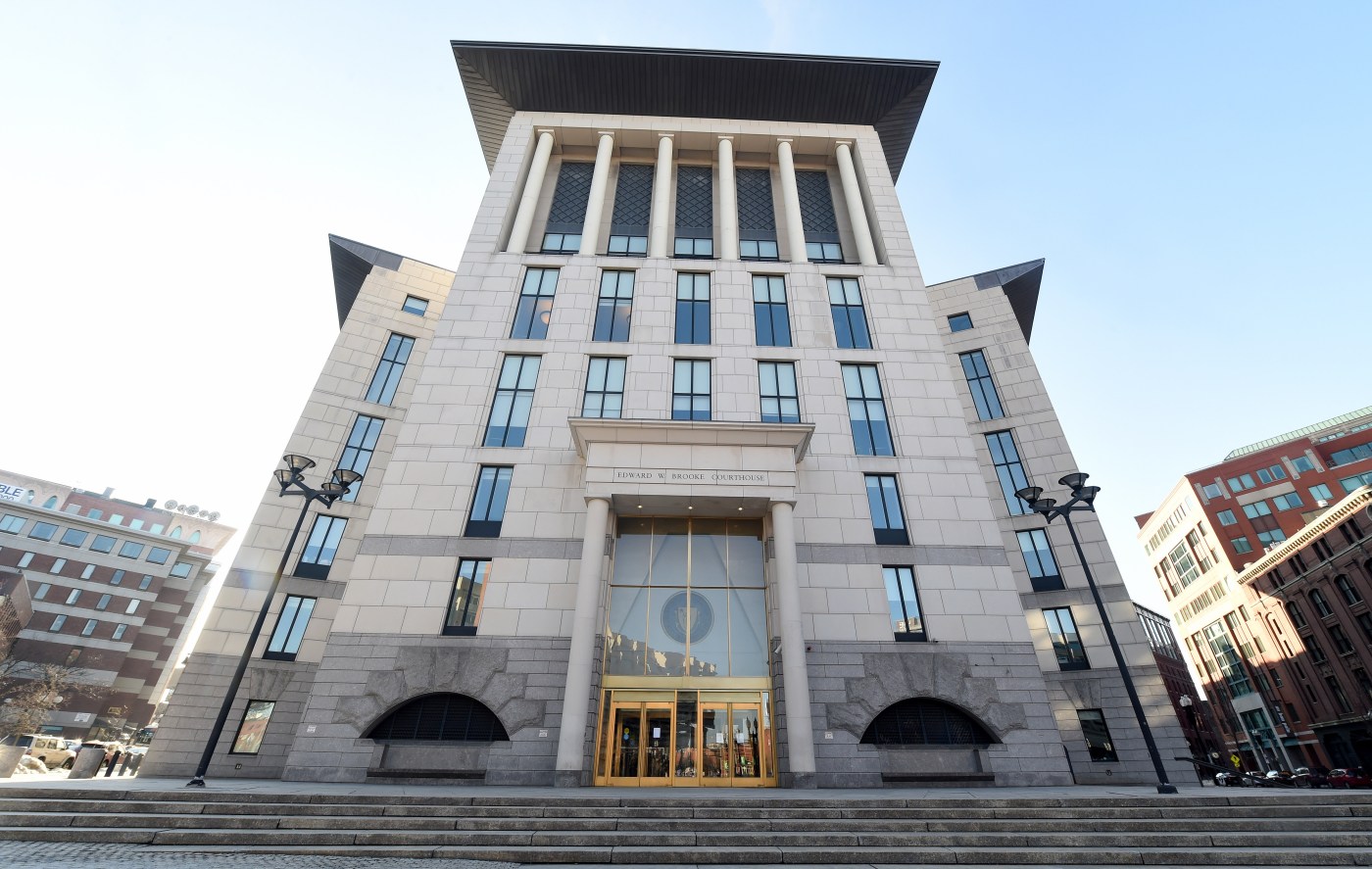
Ending automatic prosecution of 18-year-olds as adults draws cost, case load concerns
Senate lawmakers voted to end the automatic prosecution of 18-year-olds as adults by extending the juvenile justice system to include the age group, a move supporters hailed as a way to increase public safety but opponents cautioned could put a burden on the court system.
The substantive criminal justice reform has been pitched as a way to make sure the prosecution of young people as adults does not later derail their education and employment. Shifting the older youth population into the juvenile justice system allows them to be held accountable through treatment, advocates say.
But critics have questioned the cost of the policy change, which was tucked into a $2.8 billion economic development bill after lawmakers approved it on a 31 to nine vote late Thursday that saw five Democrats join with all four of the chamber’s Republicans to oppose the measure.
Leon Smith, a long-time defense attorney and executive director of Citizens for Juvenile Justice, said raising the age of criminal court jurisdiction to 19 will lead to a more educated labor force and ensure young people who make mistakes have a path forward.
“At 18, you’re dealing overwhelmingly with a high school kid who is in our classrooms. They’re participating on our high school sports fields. It makes more sense to have that particular age group treated more similarly to their high school age peers than to be put into a system with 30- and 40- and 50-year-old adults,” Smith told the Herald Friday.
The push comes almost a decade after Massachusetts lawmakers voted in 2013 to keep 17-year-olds out of the adult criminal justice system. That change was followed by a 53% reduction in juvenile arrests and a 73% drop in the arrest rate of 18- to 20-year-olds, according to data from Citizens for Juvenile Justice.
The Senate-backed proposal allows judges to keep their discretion in sentencing and deciding where to send young offenders to serve their terms. It also allows 18-year-olds to be prosecuted and sentenced as adults for violent crimes like first- or second-degree murder.
An 18-year-old could be charged as an adult if they have been previously committed to the Department of Youth Services, committed an offense that involves serious bodily harm, or if the juvenile is convicted of certain firearm laws.
Related Articles
Restaurant group alleges tipped minimum wage supporters ‘fraudulently obtained’ voter signatures
Gov. Maura Healey says Biden can beat Trump but again asks him to ‘evaluate’ chances
Pols & Politics: Gov. Healey walks political tightrope after gubernatorial huddle with Biden
Fleeing Massachusetts taxpayers cost state $3.9B in 2022 income, IRS data show
Massachusetts Gov. Maura Healey says Joe Biden should ‘carefully evaluate’ if he can beat Donald Trump
“We’re choosing a less costly way of incarcerating people. It’s extremely expensive to incarcerate someone in adult prison,” said Sen. Brendan Crighton, a Lynn Democrat who helped author the proposal.
Some law enforcement officials still have concerns, including those in Springfield, where an 18-, 16-, and 26-year-old were accused of shooting Officer Nestor Santos in the face and leg last month.
Springfield Police Department Cpt. Brian Keenan, who heads up the Firearms Investigation Unit, said the expansion of the juvenile system would be “catastrophic” and judges and local district attorneys would have a backlog of cases “from here to Texas.”
“Our basic contention is it’s just ludicrous. Because if an 18-year-old can serve on a jury, if an 18-year-old can vote, and if an 18-year-old can give his life in Iraq or Afghanistan, why can’t he be held accountable for a crime he commits?” Keenan said by phone from Springfield.
At least one prosecutor thinks the measure is a good idea.
Middlesex District Attorney Marian Ryan said the proposed change in law is a “commonsense approach” that will enhance equity and provide young people with educational opportunities through the Department of Youth Services.
“I know well the profound impact that the criminal system can have on the lives of young people. This amendment addresses a significant disparity: 17 and 18-year-olds in the same high school class who can face vastly different outcomes, even when charged with the same offense,” Ryan said in a statement to the Herald.
Advocates said young people convicted of a crime in the juvenile justice system are still held accountable for their actions and a focus on rehabilitative programming is key to making sure they can move ahead with their lives.
“If you’re held accountable and you also receive the education, then the recidivism data shows very clearly that recidivism is less likely to happen. This initiative is all about ensuring young adults have the opportunity to grow and it’s smart on public safety,” said Gregg Croteau, CEO of UTEC, an organization that works with young adults in the Merrimack Valley who are involved in the justice system.
Senators and judicial officials have warned that expanding the juvenile justice system could increase caseloads for judges and place a burden on clerks who are already saddled with large amounts of work.
Sen. Ryan Fattman, a Sutton Republican, said “no one” could say during Thursday’s Senate debate how much it would cost the state to change the age of criminal majority.
“Isn’t it ironic that in an economic development bill, no one could answer the question about a cost, and I made the point that this is probably why we know thousands of our residents are leaving,” he said. “IRS data shows that $3.9 billion of economic-generated income revenue has walked out our front door, probably because people are observing how we make laws and saying, ‘this isn’t right.’ It’s highly ridiculous.”
In a November 2023 letter to lawmakers, former Trial Court Chief Justice Jeffrey Locke said raising the age to 19 would add more than 2,300 new cases to Juvenile Court judges’ caseload, an increase of about 33%.
“Such an exponential expansion of these judges’ delinquency caseloads would overtax already limited judicial resources and would necessitate the addition of new judges,” Locke wrote in the letter.
More than 85% of all criminal cases in fiscal year 2023 involving an 18-year-old were dismissed, placed on file, resulted in pre-trial probation, continued without a finding of guilt, or resulted in a not guilty finding, according to Locke.
Only 355 individuals, or 15% of all cases involving an 18-year-old, in district, Boston Municipal Court, or Superior Court resulted in a guilty finding, the former chief justice wrote.
A spokesperson for the Trial Court declined to comment Friday when asked about the potential impact of the policy change.
Sen. Michael Moore, a Worcester Democrat who voted against the policy change, said he had to “fight” several years ago to get an additional justice added to the Worcester Juvenile Court because of the caseload.
He pointed to Locke’s letter as one reason he opposed the expansion of the juvenile justice system.
“We had a shortage then, and we had to hire an additional justice, and the information that came out in that letter and we received before is that they are going to need to hire additional staff, additional judges. So it’s not something we can just pass this month, and then the juvenile justice system is going to be able to handle this workload,” Moore told the Herald.


